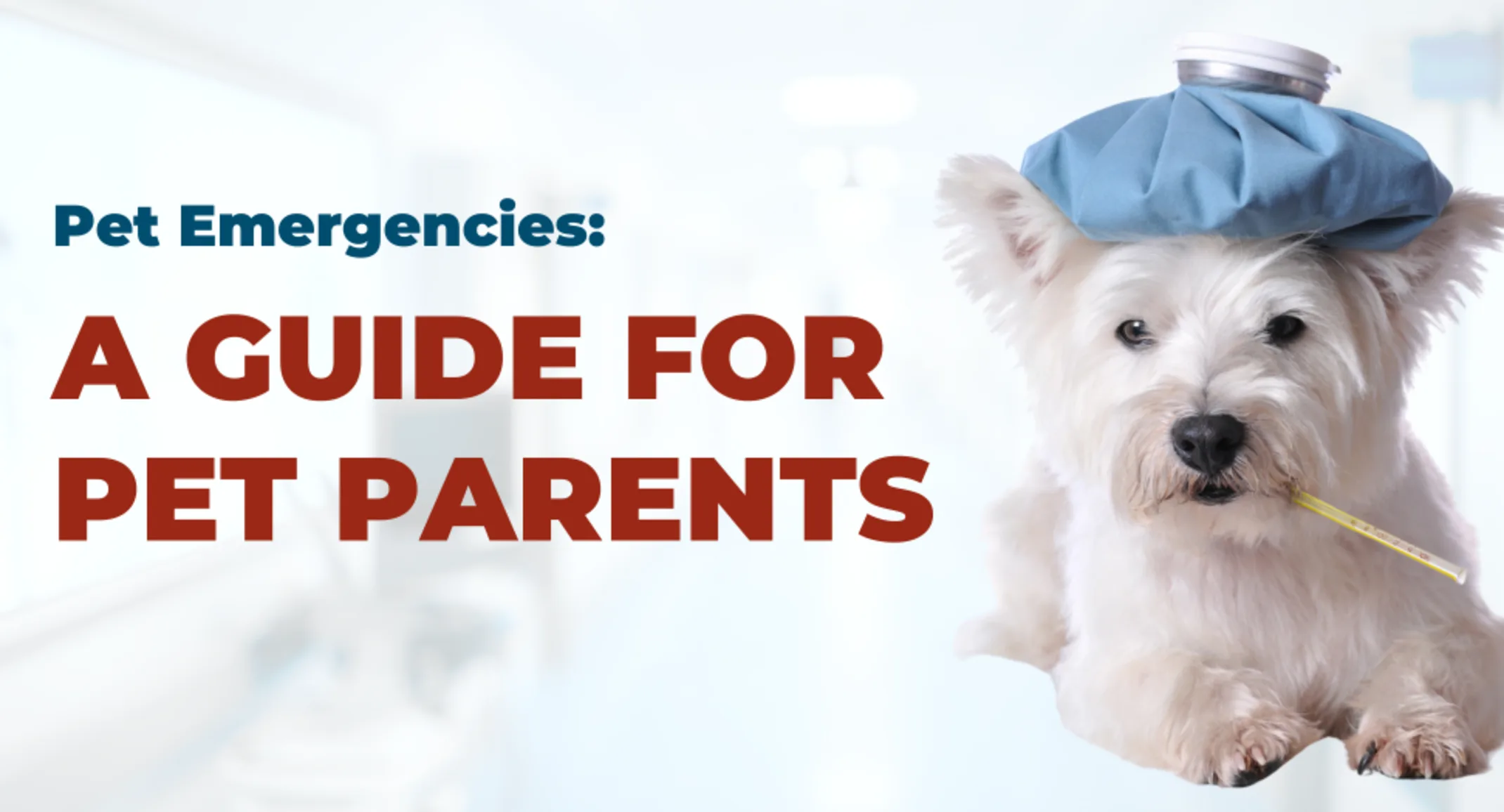Recognizing a Pet Emergency: When to Come to the ER Immediately
Pet Safety

As pet owners, we love our furry friends and want to keep them safe at all times. But sometimes, despite our best efforts, pets face sudden health crises. Knowing when a situation qualifies as an emergency can be the difference between a full recovery and a serious complication. Our 24/7 hospital is here to provide urgent care whenever your pet needs it, but recognizing the warning signs early is crucial.
Common Signs of a Pet Emergency
Not every vet visit requires an ER trip, but certain symptoms should never be ignored:
1. Difficulty Breathing
If your pet is gasping, wheezing, or struggling to breathe, this is a critical emergency. Respiratory distress can indicate heart failure, severe allergic reactions, or airway obstruction, all of which require immediate attention.
2. Severe Trauma or Injury
Accidents happen. If your pet has been hit by a car, fallen from a height, or sustained any serious injury, do not wait to see if it improves on its own. Internal bleeding, broken bones, or head trauma can worsen rapidly.
3. Ingestion of Toxic Substances
Many everyday items can be dangerous to pets, including chocolate, grapes, medications, and household chemicals. If your pet ingests a toxic substance, bring them to the ER immediately, even if they seem fine at first. Quick action can prevent severe complications.
4. Persistent Vomiting or Diarrhea
While occasional upset stomachs are common, persistent vomiting or diarrhea, especially with blood or lethargy, can indicate infections, poisoning, or organ failure. Rapid dehydration can occur in a matter of hours.
5. Seizures or Unresponsiveness
Seizures, sudden collapse, or unresponsiveness are critical emergencies. These symptoms may be caused by epilepsy, toxins, or severe metabolic issues. Immediate intervention is necessary to stabilize your pet.
6. Sudden Lameness or Inability to Move
If your pet suddenly cannot walk, stand, or move a limb, it may be experiencing nerve damage, severe pain, or trauma. Prompt evaluation prevents long-term complications.
7. Severe Bleeding
Any uncontrolled or profuse bleeding warrants an ER visit. Apply gentle pressure and seek care immediately to prevent shock.
When in Doubt, Come In
Pets can’t tell us how they feel, and sometimes subtle changes in behavior—like hiding, reluctance to eat, or unusual vocalizations—can indicate a serious problem. If you’re unsure whether it’s an emergency, it’s always safer to bring your pet in.
Why Choose AERUP?
Our hospital is equipped with state-of-the-art diagnostic tools, experienced veterinarians, and compassionate staff ready to provide immediate care, any time of day or night. From stabilization and surgery to ongoing monitoring, we ensure your pet gets the best possible care when it matters most.
*DOWNLOAD OUR PET EMERGENCY GUIDE*
You can view the forms in PDF format by downloading the free Adobe Acrobat reader.
